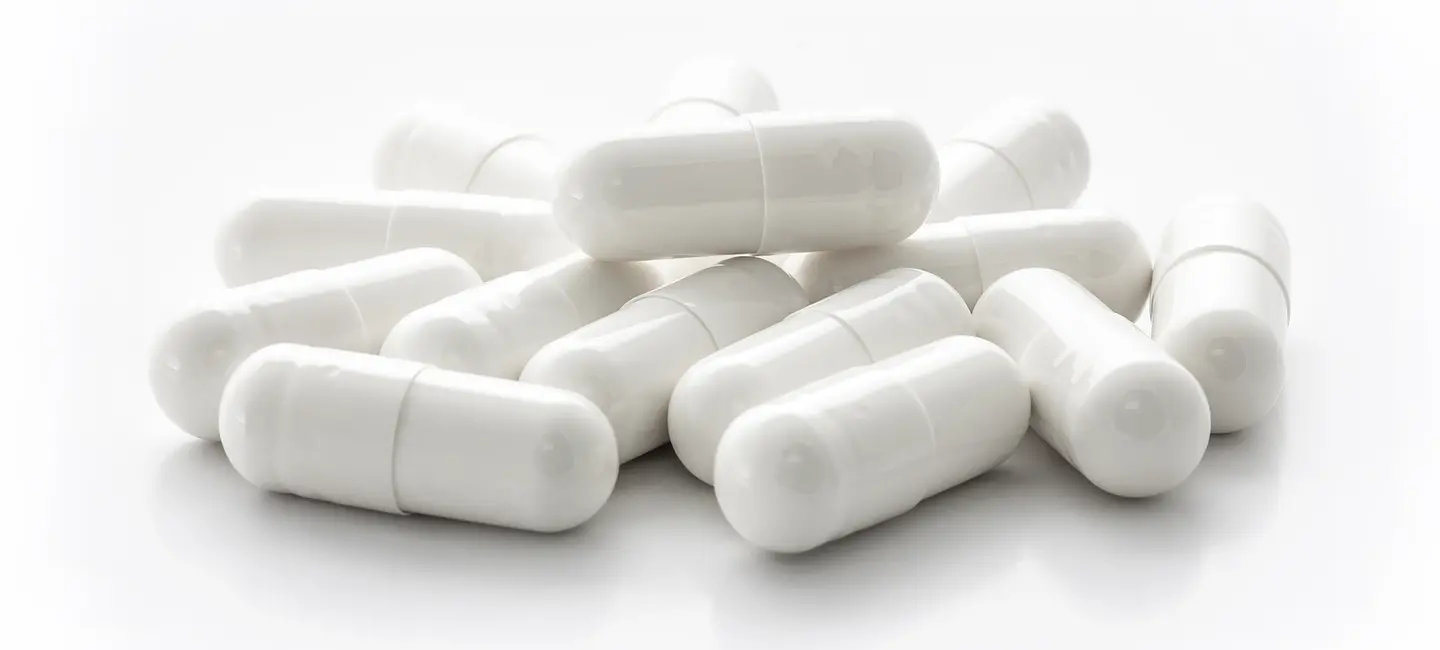
Ornithine ketoglutarate (OKG) is a salt made from the amino acid ornithine and alpha-ketoglutarate, which is a precursor to the amino acid glutamine.
Ornithine ketoglutarate might change the way amino acids, the building blocks of protein, are used in the body. It also increases insulin, a hormone that regulates the amount of sugar in the blood.
People use ornithine ketoglutarate for healing wounds and burns. It is also used for building muscle strength, HIV/AIDS, stroke, and many other purposes, but there is no good scientific evidence to support these uses.
Don't confuse ornithine ketoglutarate with ornithine or another chemical called L-ornithine-L-aspartate (LOLA). These are not the same.
Is It Effective?
NatMed Pro rates effectiveness based on scientific evidence according to the following scale: Effective, Likely Effective, Possibly Effective, Possibly Ineffective, Likely Ineffective, Ineffective, and Insufficient Evidence to Rate.
- Burns. Taking ornithine ketoglutarate by mouth seems to improve wound healing in people with burns.
- Wound healing. Taking ornithine ketoglutarate by mouth seems to improve healing time and reduce complications in people undergoing major surgery.
There is interest in using ornithine ketoglutarate for a number of other purposes, but there isn't enough reliable information to say whether it might be helpful.
Is it Safe?
When taken by mouth: Ornithine ketoglutarate is possibly safe. It's been used safely for up to 3 weeks.
Special Precautions & Warnings:
Pregnancy and breast-feeding: There isn't enough reliable information to know if ornithine ketoglutarate is safe to use when pregnant or breast-feeding. Stay on the safe side and avoid use.
It is not known if Ornithine Ketoglutarate (OKG) interacts with any medicines.
Before taking Ornithine Ketoglutarate (OKG), talk with your healthcare professional if you take any medications.
There are no known interactions with herbs and supplements.
There are no known interactions with foods.
Ornithine ketoglutarate has most often been used by adults in doses of 10-30 grams by mouth daily for 3 weeks. It has also been given in feeding tubes while under medical supervision. Speak with a healthcare provider to find out what dose might be best for a specific condition.
2-Oxopentanedioic Acid L-Ornithine, ACO, Alpha-Cétoglutarate de L-Ornithine, Alpha-Cétoglutarate de L(+)-ornithine, Alpha-Cétoglutarate d'Ornithine, Cétoglutarate d'Ornithine, Di-Ornithine Alpha-Ketogutarate, L-Ornithine Alpha-Ketoglutarate, L(+)-ornithine alpha-ketoglutarate, OAKG, OKG, Ornicetil, Ornithine Alpha-Ceto Glutarate, Ornithine Alpha Ketoglutarate, Ornithine Alpha-Ketoglutarate, Ornithine 2-Oxoglutarate, Ornithine Oxoglutarate, Ornitina Cetoglutarato.
Information on this website is for informational use only and is not intended to replace professional medical advice, diagnosis, or treatment. While evidence-based, it is not guaranteed to be error-free and is not intended to meet any particular user’s needs or requirements or to cover all possible uses, safety concerns, interactions, outcomes, or adverse effects. Always check with your doctor or other medical professional before making healthcare decisions (including taking any medication) and do not delay or disregard seeking medical advice or treatment based on any information displayed on this website.
© TRC Healthcare 2024. All rights reserved. Use and/or distribution is permitted only pursuant to a valid license or other permission from TRC Healthcare.
